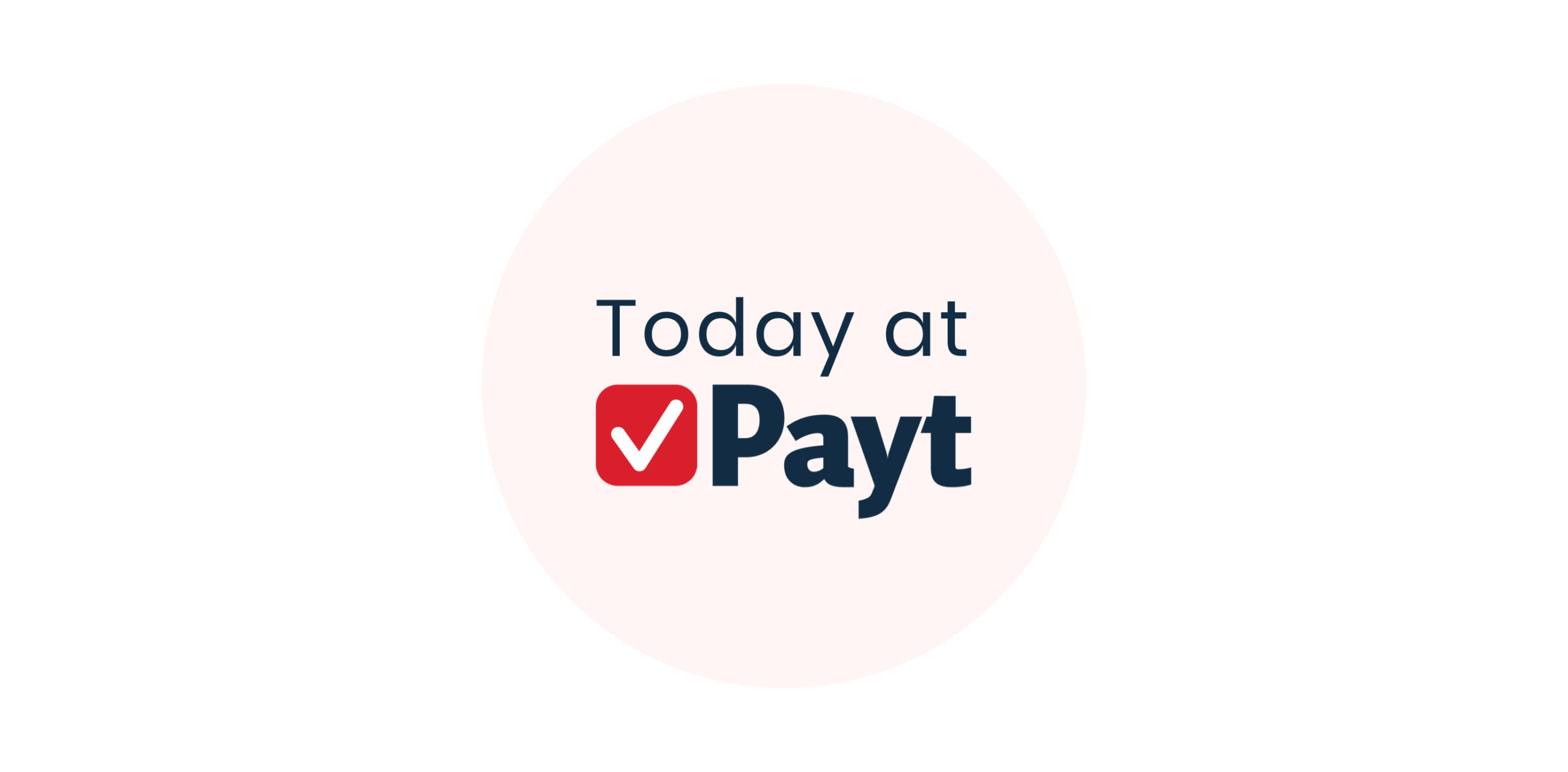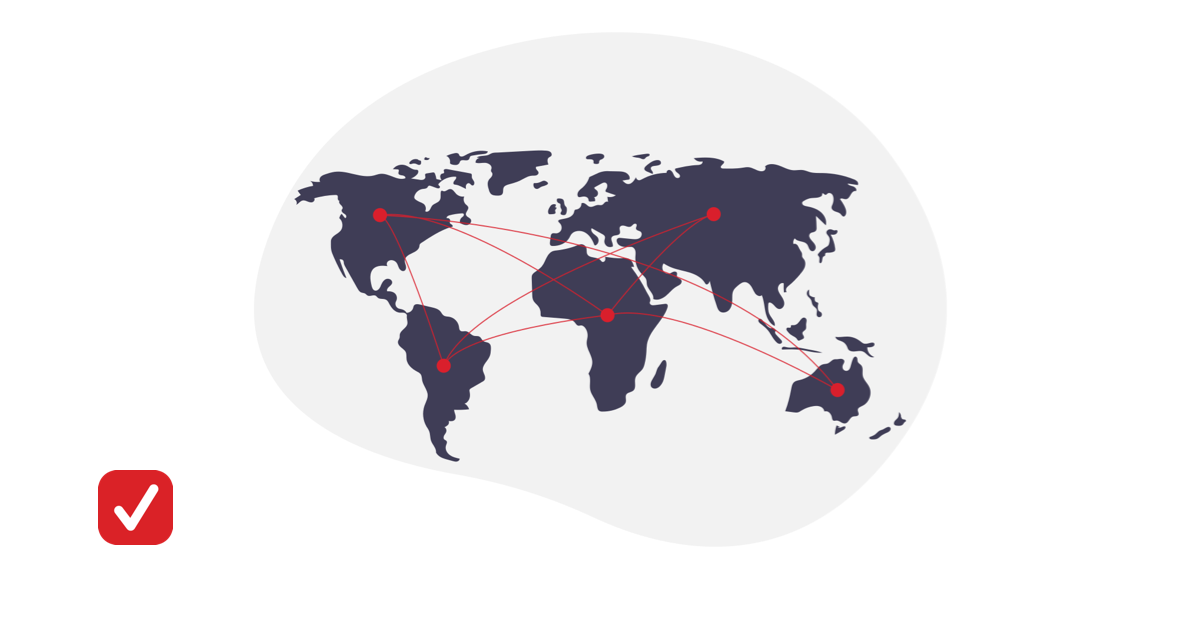The case: We consider scheduled meetings a waste of time
Everyone holds a set of values and beliefs that shape what they find important, how they live, and how their everyday life looks as a result. I’m no different. In my mind, I often split people into “doers” and “the rest”.
The first group thrives on getting things done. If there’s nothing pressing, they’ll create tasks for themselves. They don’t wait to be told what to do; they ask themselves, “How can I add value to the company’s success today?” Then they act on it. These are the people who go hiking on holiday because lounging on a beach doesn’t quite cut it. They associate happiness with achievement. Doers typically dislike meetings and long discussions.
The other group seeks connection, collaboration, and enjoys talking about what could be done. They feel most fulfilled when they’re included and informed. They draw energy from group dynamics.
At Payt, we seem to attract a lot of doers. Perhaps it’s because when you have this mentality yourself, you naturally expect it from your colleagues. In IT, many highly educated professionals are already very task-focused, so giving employees autonomy in how they approach their work is often easier than in other sectors.
The challenge we face, however, is how to combine this loose, autonomous way of working with enough productivity and a shared sense of purpose. Even after nine years, we are still finding our balance between personal freedom and a unified vision – how we divide work, align our software, and work towards shared goals. And this becomes increasingly complex as we grow.
Remote working and Slack culture
The rise of remote working during the pandemic amplified a trend already present in tech. Colleagues with young children at home often find full-time remote work a struggle. And we’ve had very few company socials, Friday afternoon drinks, or even in-person team meetings in recent years.
However, we do use Slack intensively, along with online video calls. I start most mornings with a quick “morning” message to my colleagues – just a small way to let them know they’re not alone. Sometimes that leads to a short discussion. I’m not the only one doing this, so it seems to work quite well. But naturally, something is missing: real, face-to-face interaction.
What we may be missing most are those unexpected encounters. Conversations over lunch where two developers realise their projects overlap. Then someone from customer service chimes in, saying clients have been asking for exactly that. Suddenly, everything clicks and we know what needs to be built.
How we make decisions
Looking at management – we almost never schedule meetings. Even though management literature says they’re important. Of course, we do talk daily. If there’s something that needs a decision, we bring it up, discuss it quickly, make a choice – and move on.
Maybe this is simply the new way of working. Everything is fast and efficient. But it can be harder for those who are just outside the decision-making loop. I wonder whether readers recognise this – in my view – slightly chaotic story. And how they manage the tension between over-consulting and under-consulting.
I’d love to hear your thoughts. Let me know!
Thanks for reading.







